If your company develops or distributes electric toothbrushes, investing in dental education and attending Seattle seminars can pay off in product credibility, stronger clinical relationships, and faster time-to-market. Seattle’s dental ecosystem—clinicians, continuing-education providers, and dental tech meetups—offers practical learning that directly applies to electric-toothbrush design, safety, and sales.
Firstly, Seattle seminars are more than lecture halls: they’re hands-on forums where product teams can validate hypotheses with clinicians. Consequently, manufacturers benefit in three concrete ways:
Therefore, if your roadmap includes features like pressure-sensing, sonic motors, or App connectivity, Seattle seminars can accelerate product maturation and commercial adoption.
Not every seminar delivers equal ROI. Choose programs that combine theory with practical exposure and stakeholder access:
In short, prioritize seminars where your team can show equipment, run short demos, and gather clinician impressions on sound levels, bristle stiffness, and charging workflows.
Seattle seminars come in a few repeatable formats. Each has a different purpose for B2B suppliers:
Ultimately, investing time and presence at Seattle seminars as part of broader dental education efforts helps electric-toothbrush manufacturers turn clinical insights into market-ready features. Moreover, seminars are an affordable way to strengthen clinic relationships, validate claims, and build a credible CE-backed narrative for your product line.
If you’d like, I can now draft a one-page demo script and clinician feedback form tailored to electric-toothbrush features (pressure sensors, brush head types, and app pairing) so your team is ready for the next Seattle seminar. Contact us
.jpg)
-1024x1024.jpg)
.jpg)
Eco Packaging Electric Toothbrush Supplier
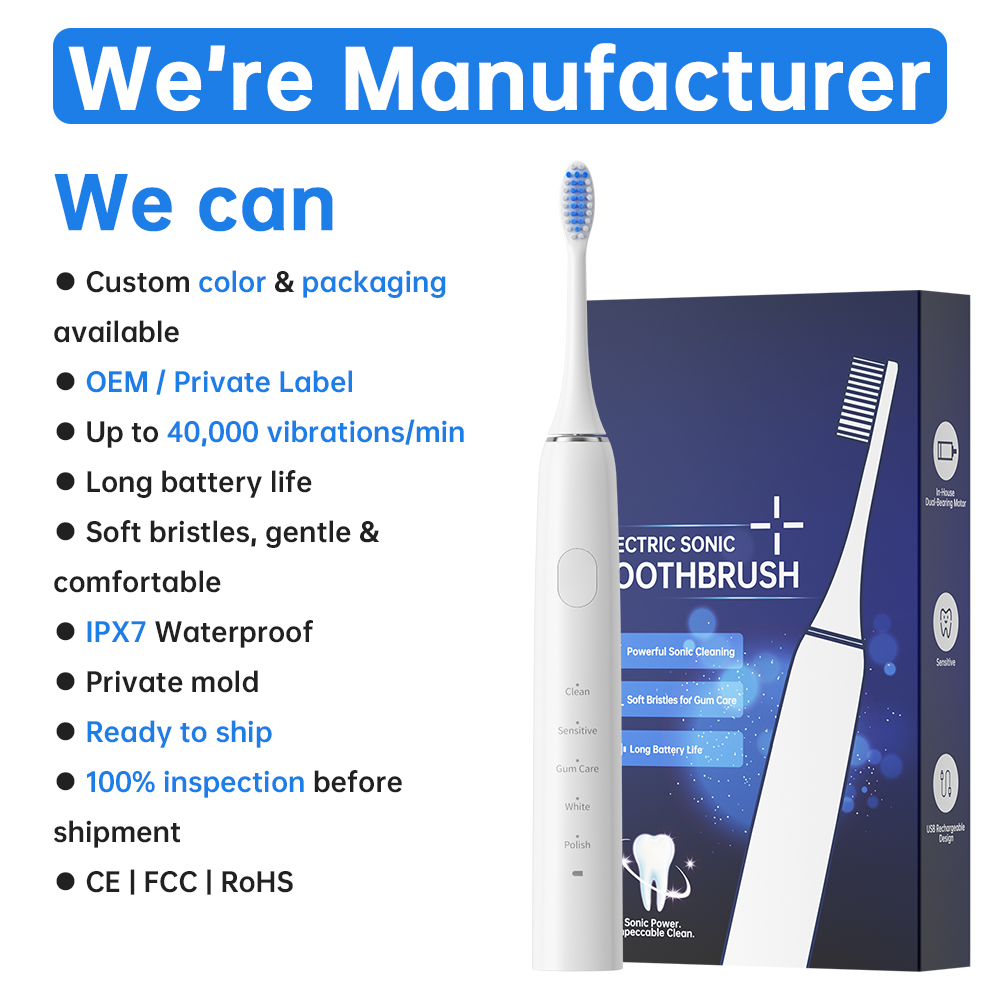
Why Is an Orthodontic Jet Tip More Effective with a Multi-pressure Setting Chip?

What Does the Doctor Think About the Use of Electric Toothbrushes and Water Flossers?
.jpg)
coffee stain teeth whitening maintenance
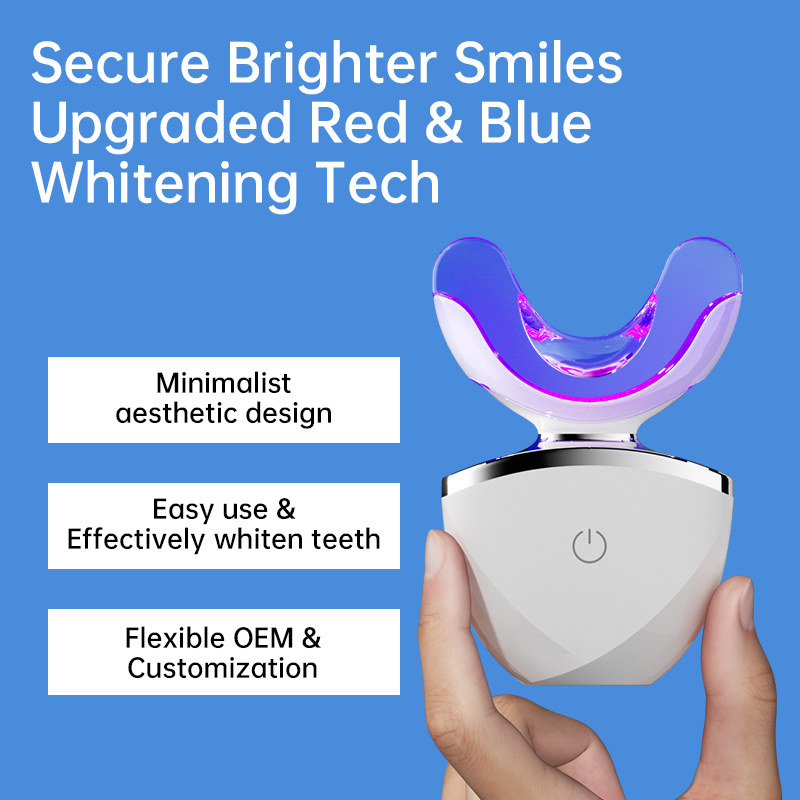
Is Clear Instruction in the User Manual Vital for Proper Pressure Stabilization Use?
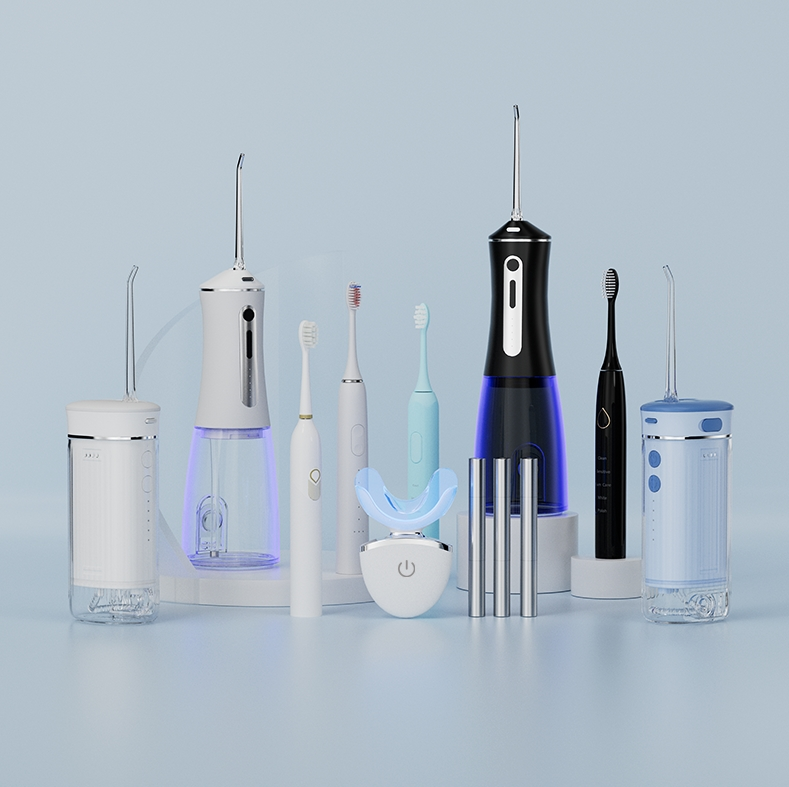
San Diego waterproof rating for San Diego combo pack?
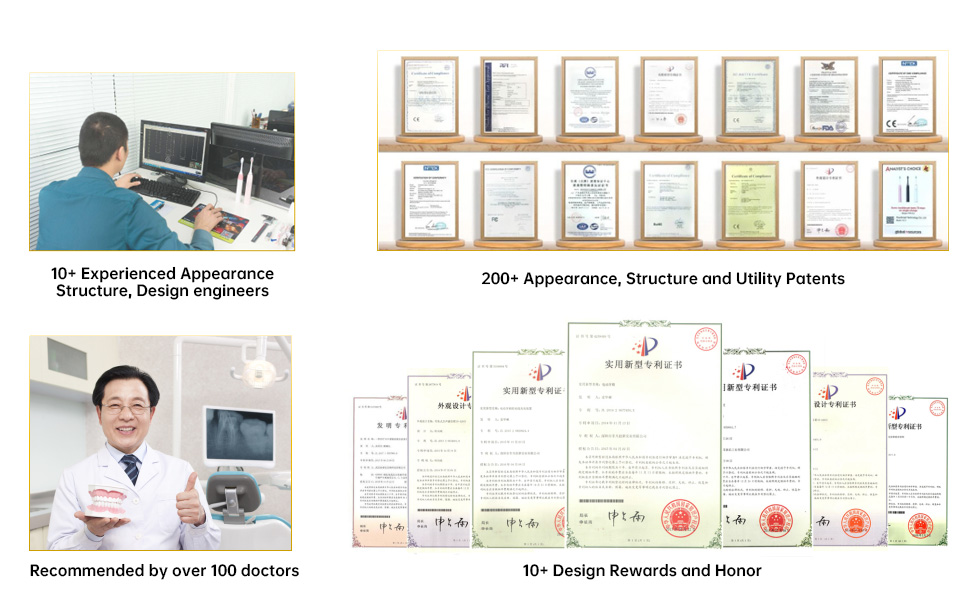
What is the Core Technology of the Oral Irrigator?
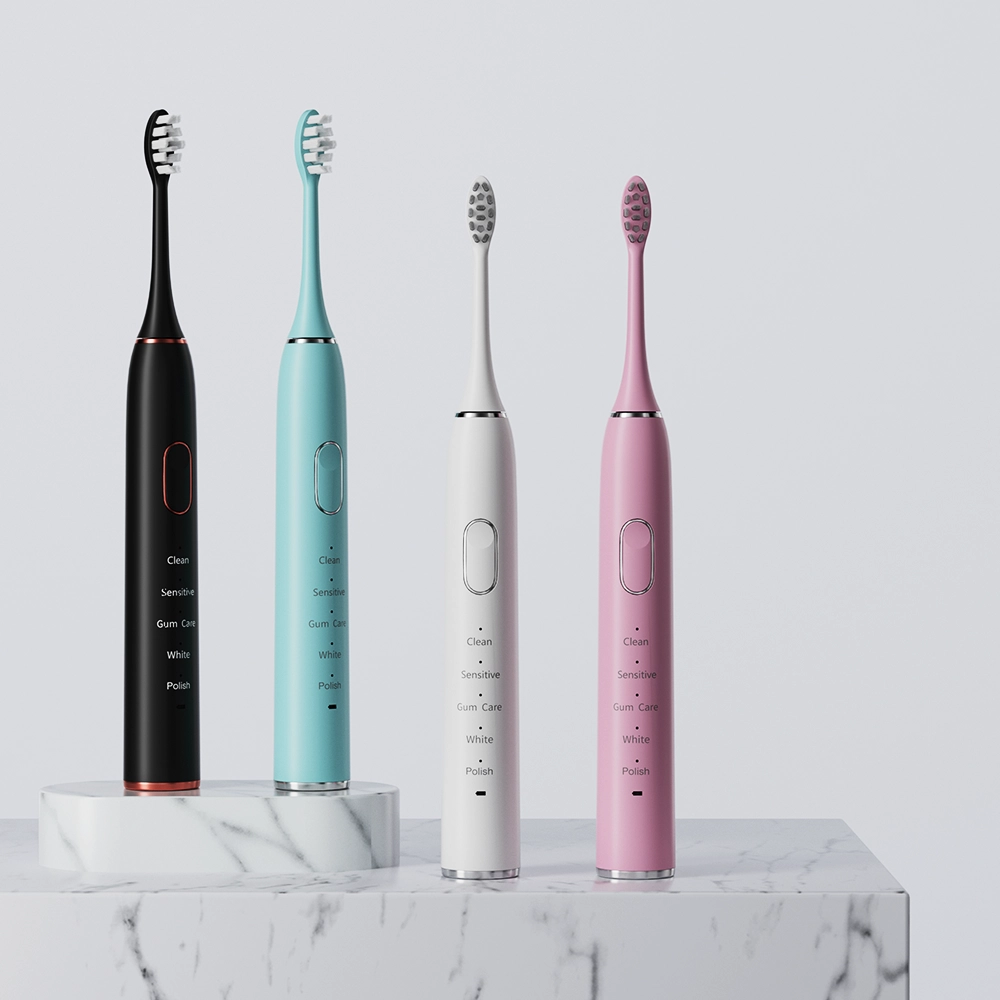
Revolutionizing Oral Care: The Benefits and Effectiveness of Electric Toothbrushes
.jpg)
Sonic Toothbrush ODM Service for Brand Development | From Concept to Mass Production
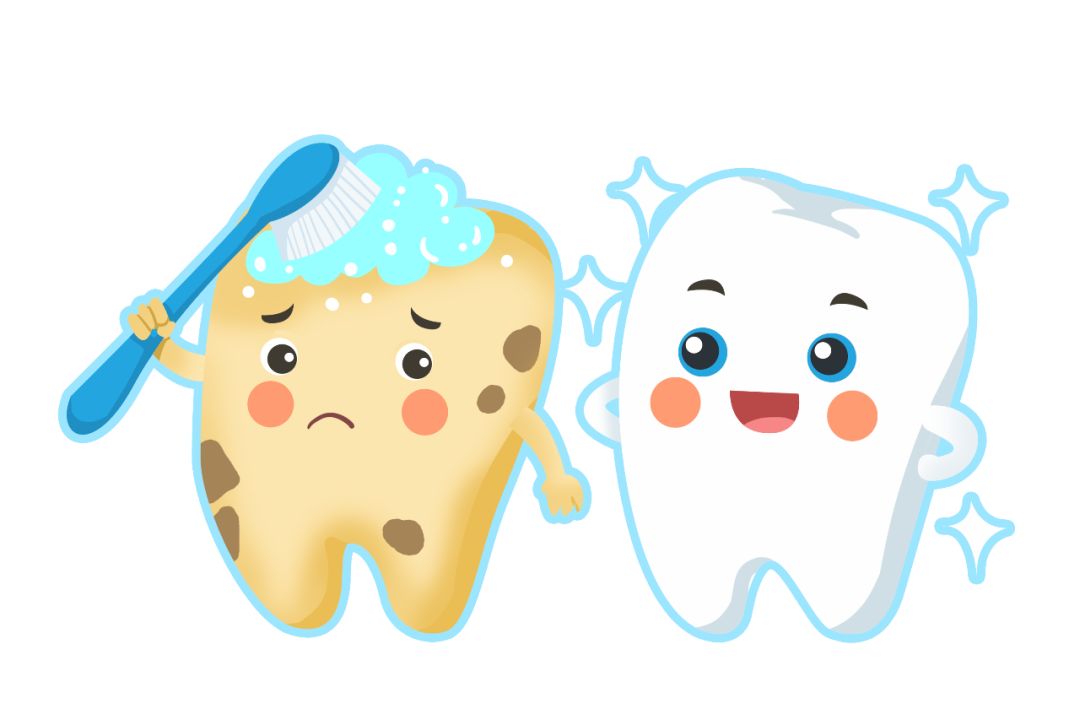
How to Choose an Electric Toothbrush for Children?
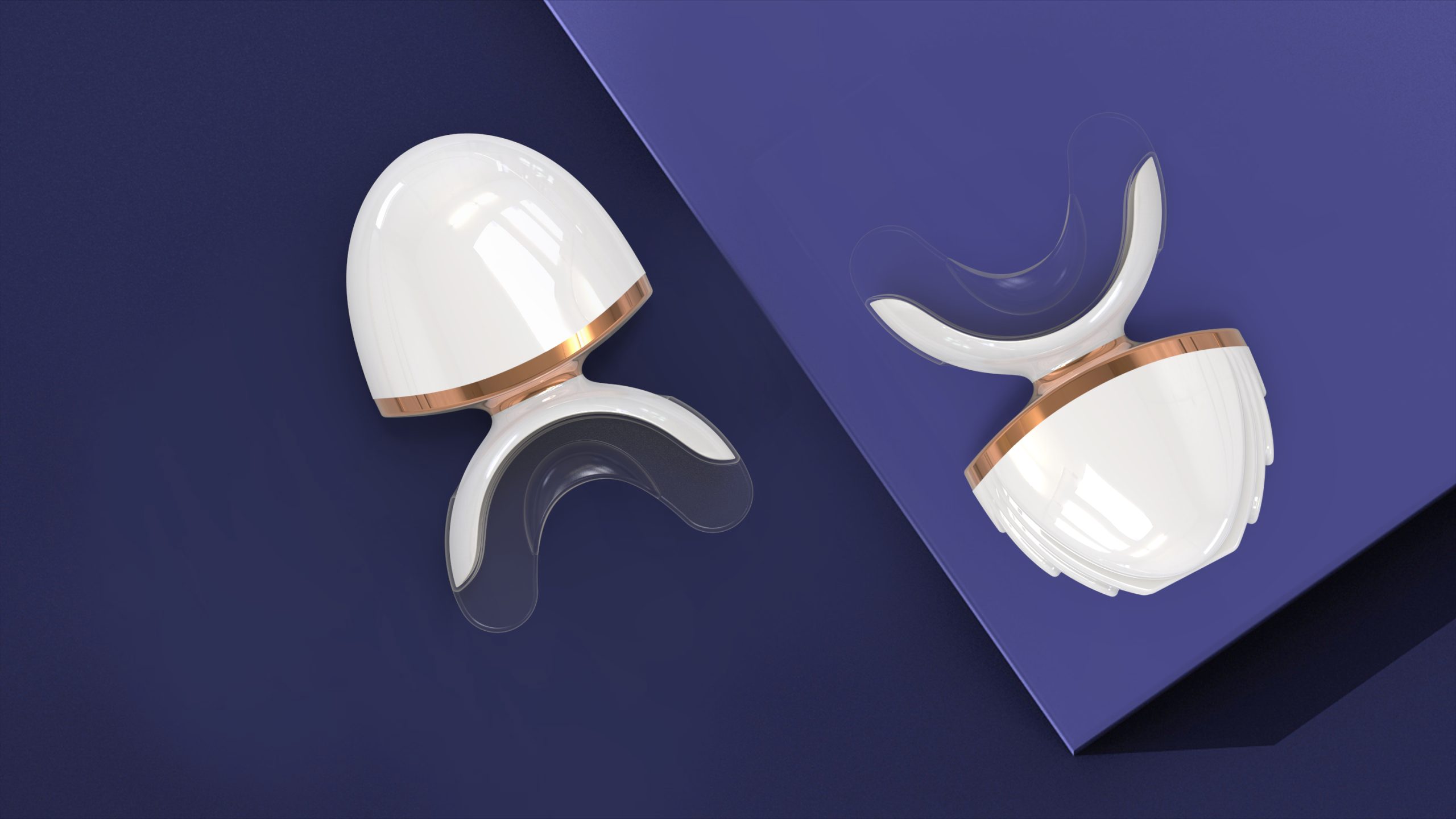
LED Teeth Whitening Device Precision Mold Shell: How to Balance Beauty and Durability?
.jpg)
Dental Practice Gift Toothbrush Supplier for Clinics and Programs
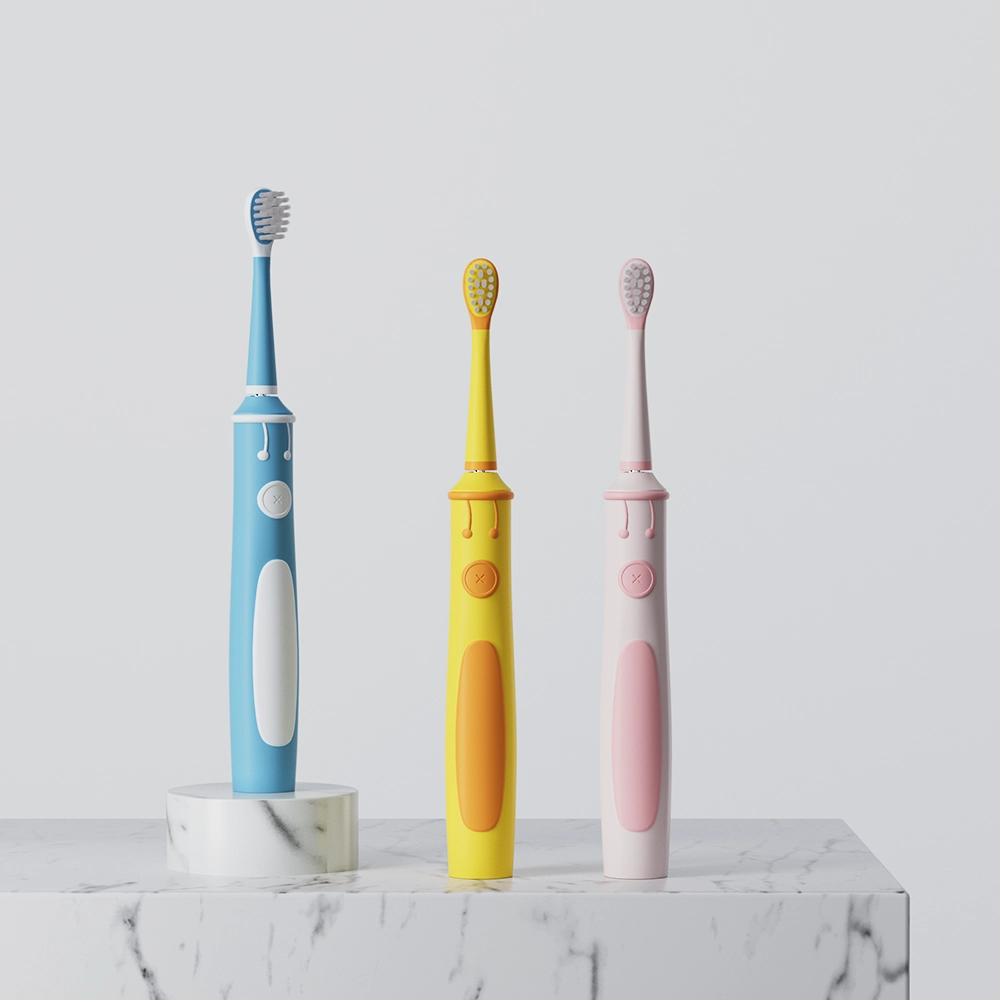
What’s Driving the Oral Care Industry Now?
.jpg)
Electric Toothbrush for Oil Field Workers – Durable Oral Care on the Go
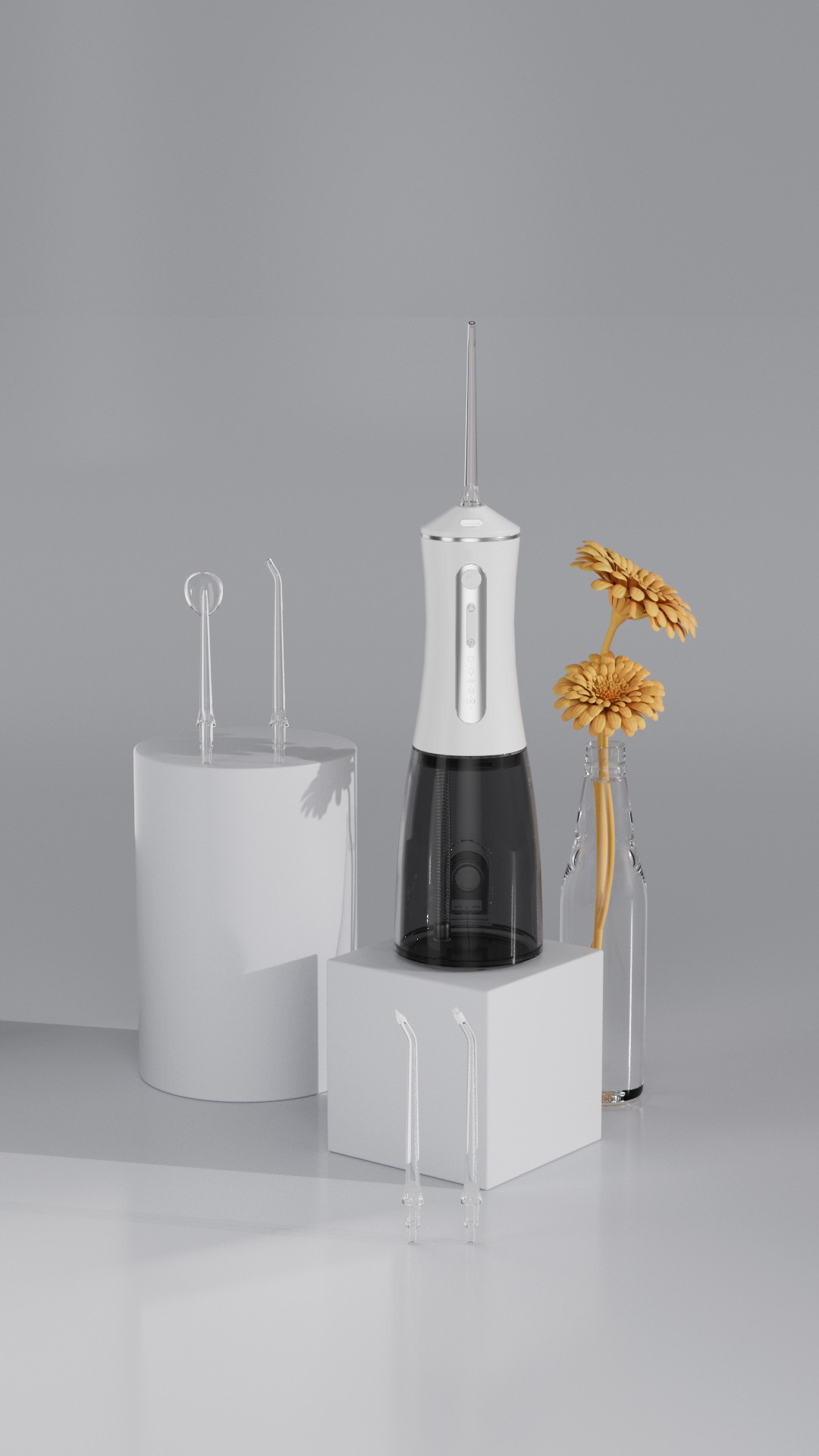
Dental Science | Suitable People and Precautions for Using Home Water Flossers

How the Boston compact toothbrush achieves Boston space-saving goals